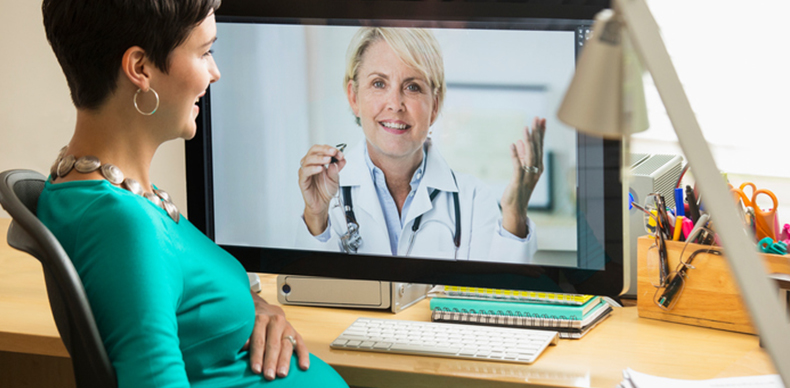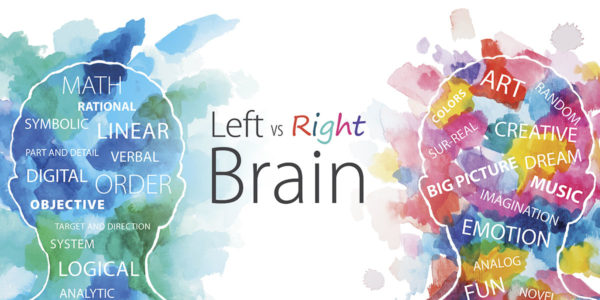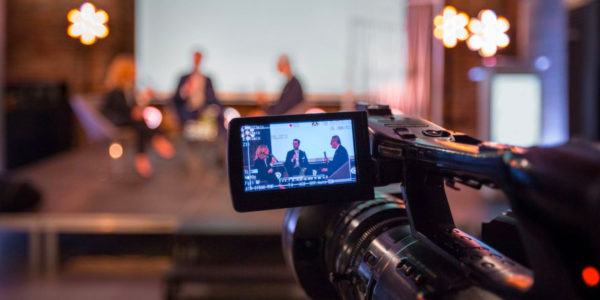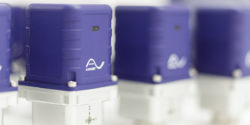In a Price Waterhouse survey of 1000 adults late last year, the major influence of technology on the health care industry stood out most. My business entails advising health care, biotechnology and technology clients with strategies for branding, marketing, venture funding and revenue building. Our company’s experience with software development and molecular diagnostics companies, and research and health care organizations supports PwC’s findings.
In 2016, many consumers had a first video consult, were prescribed a health app and used their smart devices as diagnostic tools. This impacts the clinician to practice in new ways. Such as incorporating insights from data into treatment plans, conducting e-visits with behavioral health patients, and receiving alerts from remote patient monitoring devices sent home with newly discharged patients. Care delivery has and will continue to change.
Likewise, these changes impact a company’s marketing, both to the trade and the consumer. Technology can often increase distance, remoteness, and even add coldness to how people may feel for a service or product. However, if introduced thoughtfully and in creative ways that answer the needs of the user, technology is a tremendous opportunity for delivering information and developing newly energized relationships with audiences.
Other insights garnered were the use of health-related smartphone apps doubling in the last two years (16% to 32%), millennials prefer virtual communication for health interactions (wearable apps), consumers are willing to travel further for care from a known brand. Though, they aren’t willing to pay more because the brand considered “best in field.”
Take note that nearly 40% of consumers “would abandon or hesitate using a health organization” that has been hacked, and more than 50% would avoid, or be wary of using, a connected medical device if a breach were reported. This is a fact I can attest to, as one of our clients is a leading biometric authentication solution for the healthcare industry, and we have found this research consistently supported.
In my next post, I will review technology trends for 2017 expected to have most impact on the health care industry.
Sagon-Phior helps technology, health care, and biotechnology companies with strategies that meaningfully express a brand’s core values and marketing communications to increase revenue and market share. A brand becomes more profoundly relevant through social and experiential interaction. Activating brands and emotionally engaging audiences is our core expertise.









